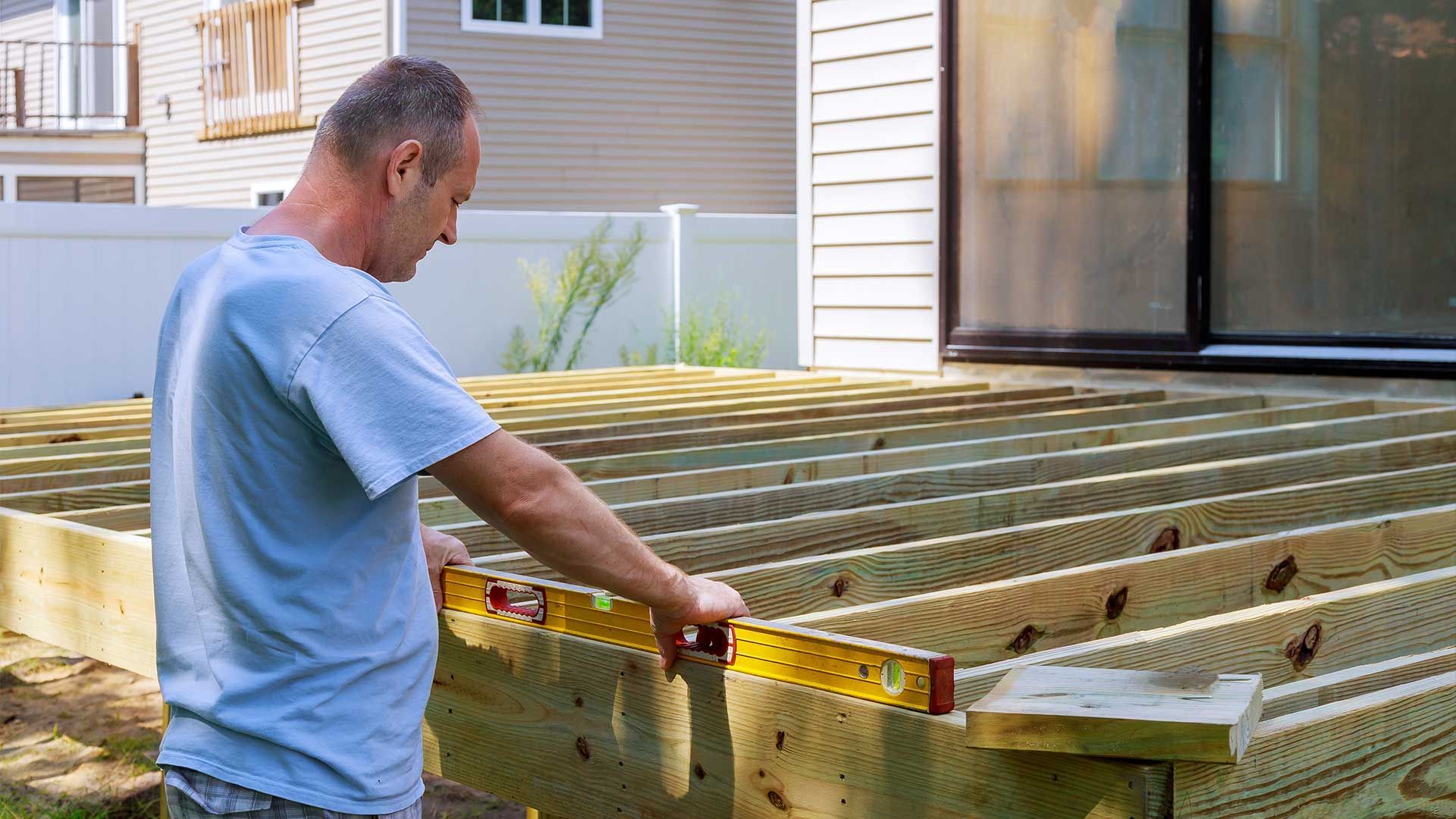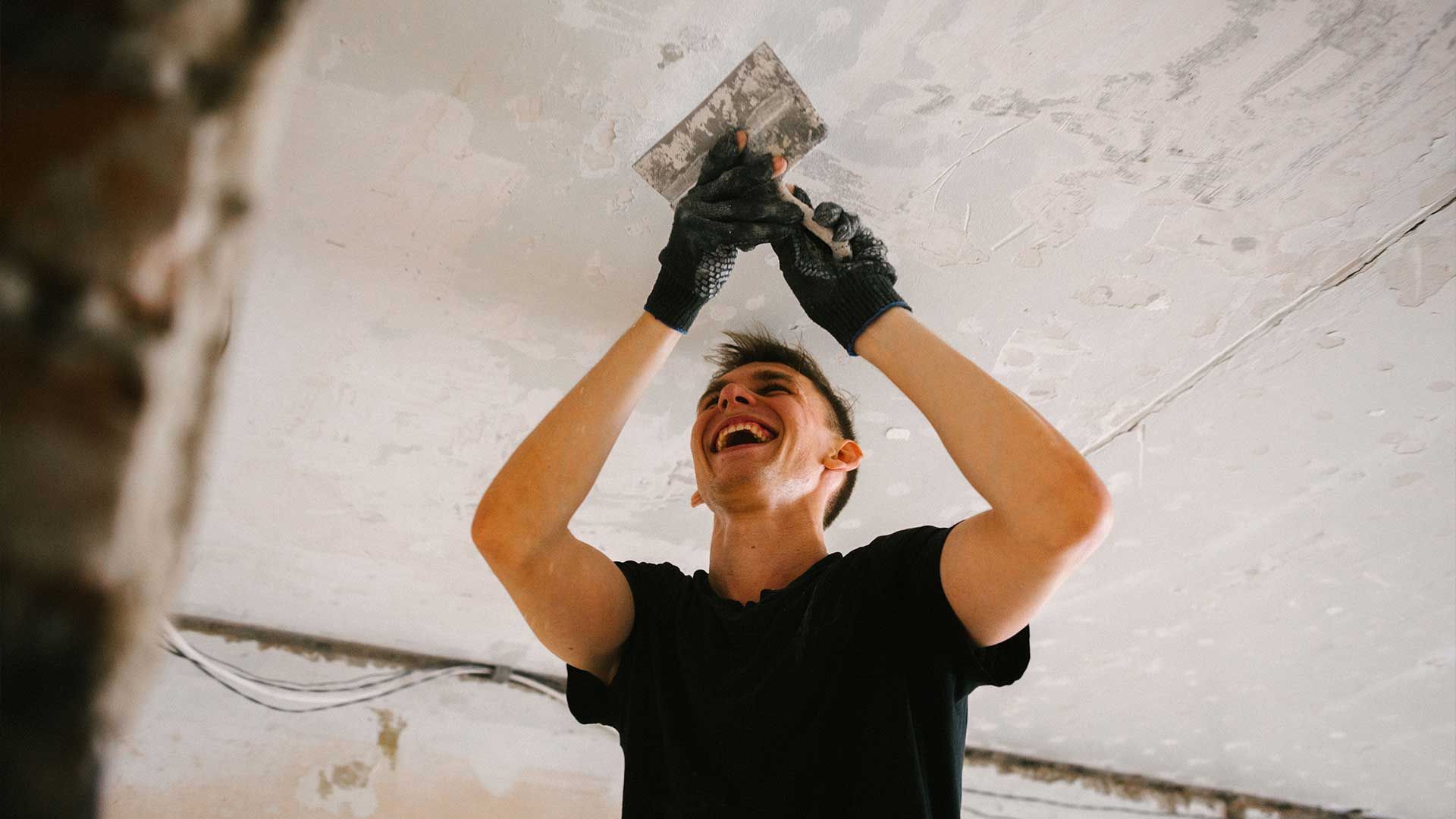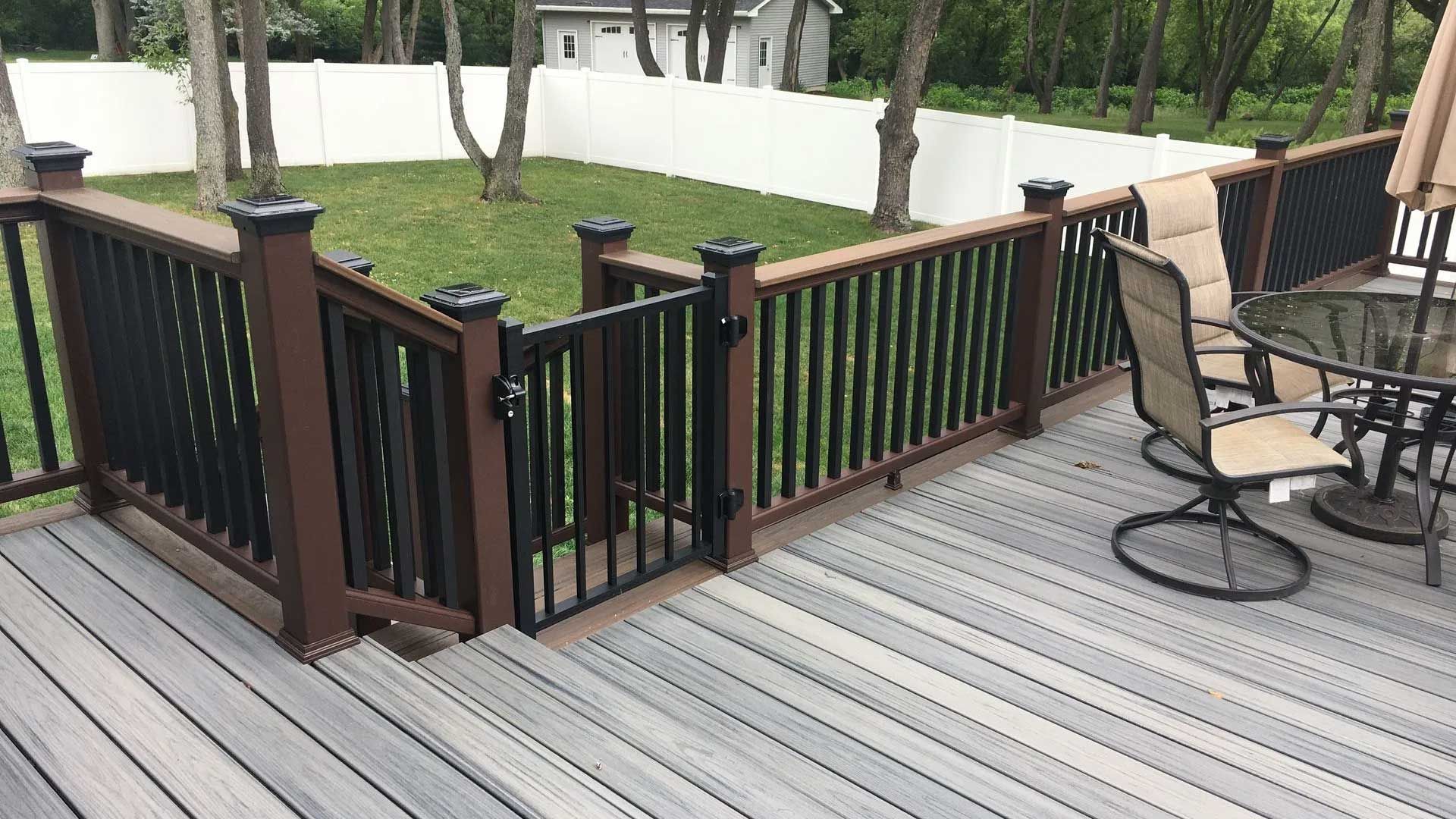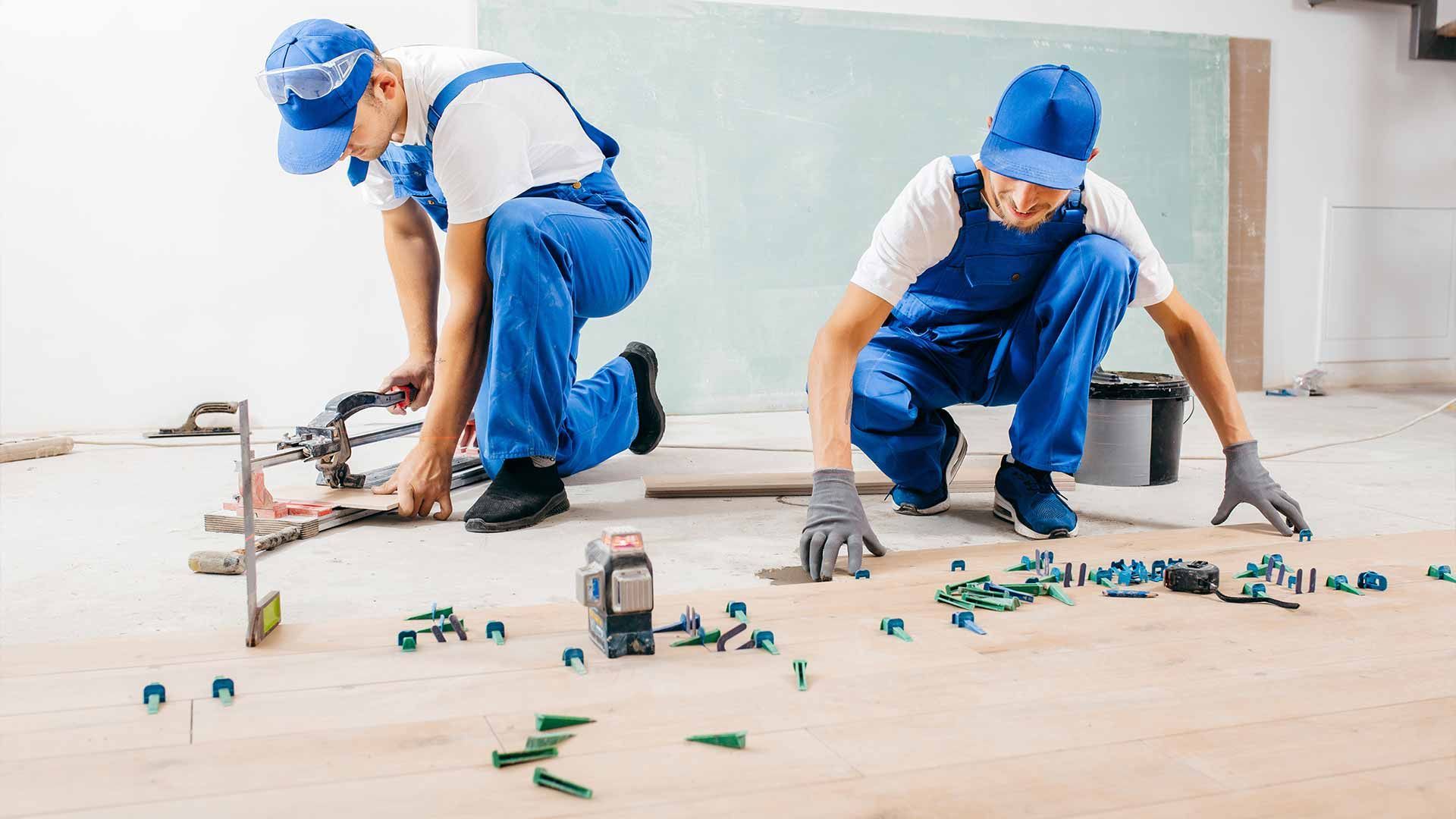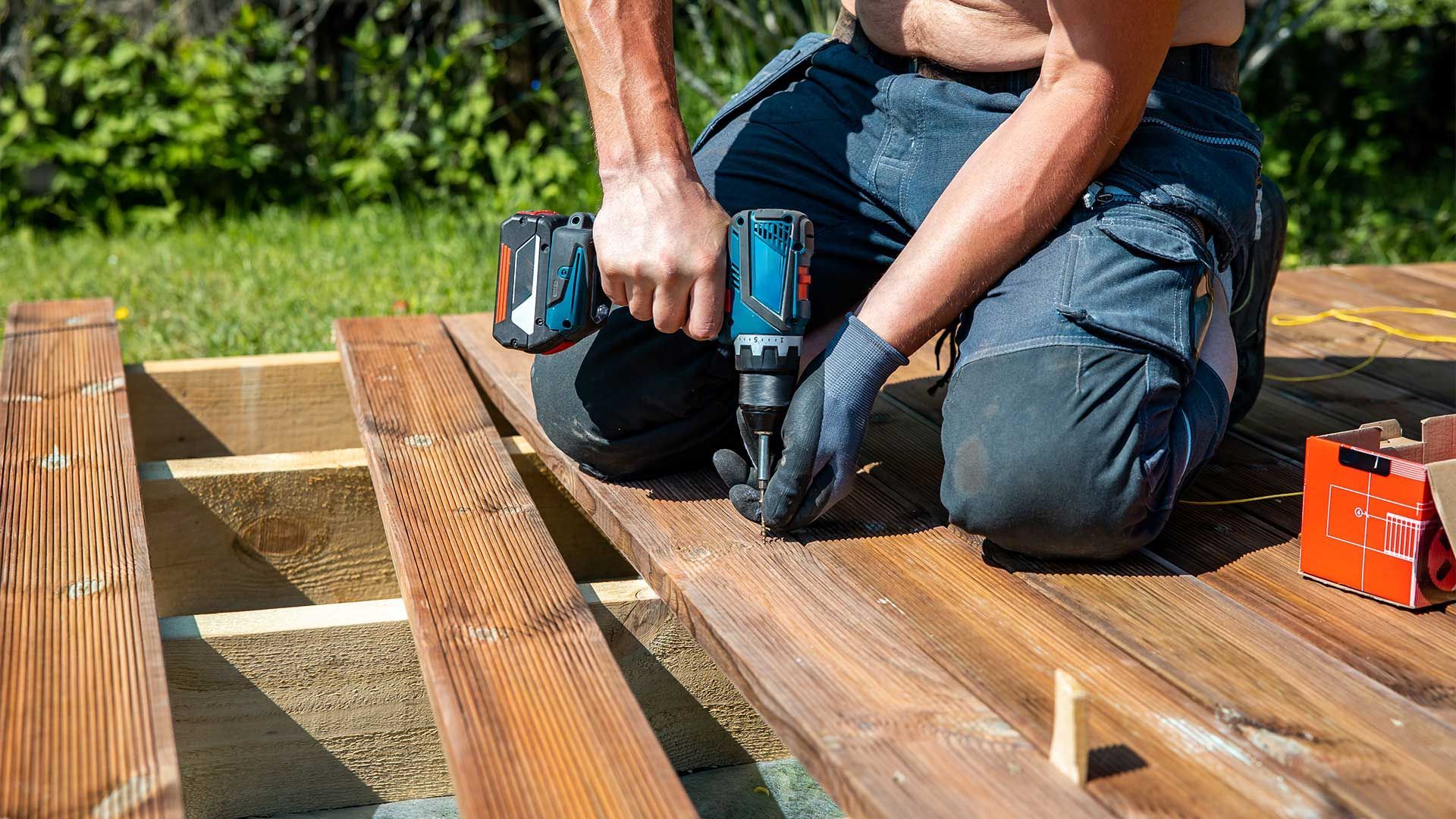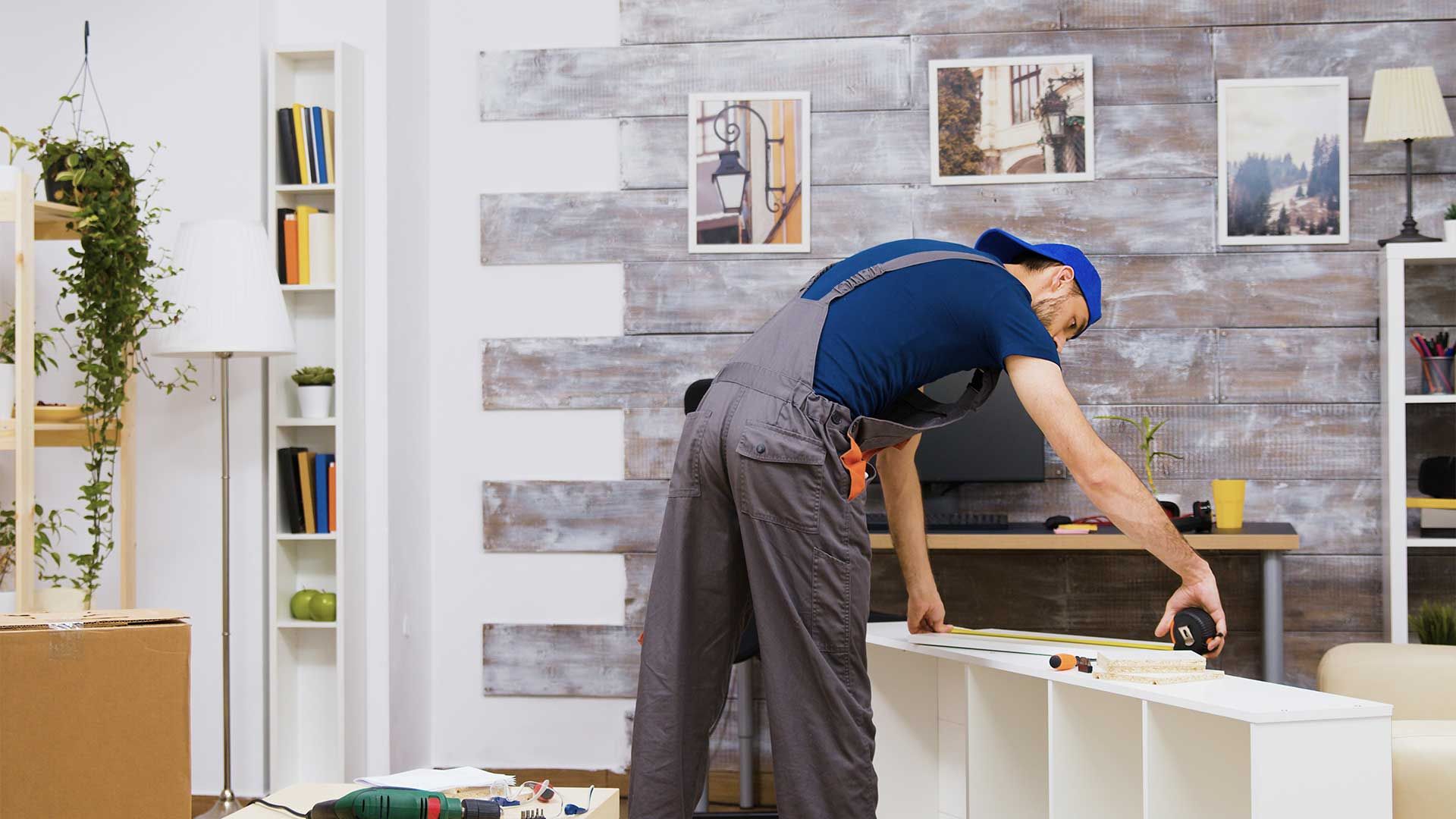Hardwood Floor vs. Engineered Wood: A Comparative Analysis
Understanding Hardwood Flooring
Hardwood flooring is a classic choice for homeowners seeking timeless elegance and durability. Made from solid wood planks cut from a single piece of timber, hardwood floors exude natural beauty and charm. With proper care, hardwood floors can last for generations, adding value and character to any space. One of the primary advantages of hardwood flooring is its ability to be refinished multiple times, allowing you to change the color or repair any damage that may occur over time.
However, it's essential to consider the potential drawbacks of hardwood flooring, such as its susceptibility to moisture and the higher initial cost compared to other flooring options. Additionally, hardwood floors require regular maintenance, including sweeping, vacuuming, and periodic refinishing to keep them looking their best. Despite these considerations, many homeowners find that the timeless appeal and longevity of hardwood flooring make it a worthwhile investment for their homes.
Exploring Engineered Wood
Engineered wood offers a modern alternative to traditional hardwood flooring, combining the beauty of real wood with enhanced stability and versatility. Unlike solid hardwood, engineered wood is constructed from multiple layers of wood veneer and plywood, bonded together under heat and pressure. This engineered construction provides greater resistance to moisture and temperature changes, making it suitable for installation in areas where solid hardwood may not be ideal, such as basements or kitchens.
One of the significant advantages of engineered wood is its versatility in installation. It can be glued, stapled, or floated over a variety of subfloors, including concrete. Additionally, engineered wood is available in a wide range of species, colors, and finishes, allowing homeowners to achieve the look of hardwood with added durability and performance.
Despite its benefits, engineered wood may have some drawbacks, including limitations on refinishing due to the thickness of the top wood layer. However, for many homeowners, the practicality and
aesthetic appeal of engineered wood make it a popular choice for modern living spaces.
Cost Considerations
When comparing hardwood floor versus engineered wood, cost is a crucial factor to consider. Hardwood flooring typically comes with a higher upfront cost due to the solid wood construction and the quality of the materials. The price can vary depending on the species of wood chosen, with exotic hardwoods generally costing more than domestic options. Additionally, installation costs may be higher for hardwood floors due to the skill and labor required for proper installation.
On the other hand, engineered wood tends to be more budget-friendly than solid hardwood. The manufacturing process allows for the use of less expensive materials while still providing the look and feel of real wood. Installation costs may also be lower for engineered wood, as it can often be installed as a floating floor, reducing the need for adhesives or nails.
While the initial cost of hardwood flooring may be higher, it's essential to consider the long-term value and durability of both options. Hardwood floors can last for decades with proper care and maintenance, potentially outweighing the initial investment over time. However, for those on a tighter budget or seeking a more cost-effective solution, engineered wood offers a viable alternative without sacrificing style or quality.
Durability and Maintenance
Comparing the durability and maintenance requirements of hardwood floor versus engineered wood is crucial for determining which option best suits your needs and lifestyle. Hardwood flooring is known for its exceptional durability and longevity. Solid hardwood planks can withstand heavy foot traffic and can be sanded and refinished multiple times, allowing them to look brand new even after years of use. However, hardwood floors are susceptible to scratches, dents, and moisture damage, requiring regular maintenance to preserve their appearance and integrity.
Engineered wood, while still durable, may not offer the same level of longevity as solid hardwood. The top layer of real wood veneer provides the aesthetic appeal of hardwood while the underlying layers provide added stability. While engineered wood is more resistant to moisture and temperature fluctuations than solid hardwood, it may still be prone to scratching and wear over time.
In terms of maintenance, both hardwood flooring and engineered wood require regular cleaning and upkeep to maintain their appearance and prolong their lifespan. This includes sweeping or vacuuming to remove dirt and debris, as well as periodic mopping or polishing to keep the floors looking their best. Additionally, it's essential to promptly clean up any spills to prevent moisture damage, particularly for hardwood floors.
Ultimately, the
durability and maintenance considerations for hardwood floor versus engineered wood will depend on factors such as the level of foot traffic in your home, your budget for maintenance, and your personal preferences. By carefully weighing these factors, you can choose the option that best meets your needs and ensures the long-term beauty and functionality of your flooring.
Aesthetics and Design Options
When it comes to aesthetics and design options, both hardwood floors and engineered wood offer a wide range of choices to suit various preferences and interior styles. Hardwood flooring provides a timeless and elegant look, with natural variations in color, grain patterns, and textures that add warmth and character to any space. Whether you prefer the rich tones of oak, the deep hues of walnut, or the exotic beauty of Brazilian cherry, hardwood floors offer endless possibilities for customization.
Engineered wood also offers an array of design options, with a top layer of real wood veneer that provides the same aesthetic appeal as solid hardwood. This veneer layer can be made from a variety of wood species, allowing you to achieve the look of hardwood flooring at a potentially lower cost. Additionally, engineered wood comes in various finishes, from smooth and glossy to distressed and rustic, allowing you to create the perfect ambiance for your home.
In terms of design versatility, both hardwood floors and engineered wood can be installed in a variety of patterns, including traditional plank layouts, herringbone, or parquet. This flexibility allows homeowners to express their personal style and create unique flooring designs that complement their decor.
Overall, whether you choose hardwood flooring or engineered wood, you can be confident that you'll find a flooring option that enhances the beauty and functionality of your space while reflecting your individual taste and style.
Environmental Impact
Considering the environmental impact is increasingly important for many homeowners when choosing between hardwood floor versus engineered wood. Hardwood flooring, when sourced responsibly, can be an environmentally friendly option. Sustainable forestry practices, such as selective logging and replanting, help to ensure the long-term health of forests and minimize the ecological footprint of hardwood production. Additionally, hardwood floors are biodegradable and can be recycled at the end of their lifespan, further reducing their environmental impact.
On the other hand, engineered wood may also offer environmental benefits. By using less solid wood in its construction and incorporating alternative materials such as plywood and veneers, engineered wood can help to conserve natural resources and reduce deforestation. Additionally, engineered wood is often made from fast-growing tree species or wood waste from other manufacturing processes, further minimizing its environmental impact.
However, it's essential to consider the manufacturing process and any potential emissions associated with the production of engineered wood, such as formaldehyde emissions from adhesives. Choosing engineered wood products with low or no formaldehyde content can help to mitigate these concerns and ensure a more environmentally friendly flooring option.
Ultimately, both hardwood flooring and engineered wood have the potential to be
environmentally sustainable choices when sourced and manufactured responsibly. By carefully considering the environmental impact of each option, homeowners can make an informed decision that aligns with their values and contributes to a more sustainable future.
Conclusion
In conclusion, the choice between hardwood floor versus engineered wood involves weighing various factors such as cost, durability, maintenance, aesthetics, and environmental impact. Both options offer unique advantages and considerations, making it essential to evaluate your specific needs and preferences before making a decision.
Whether you opt for the timeless beauty of hardwood flooring or the modern versatility of engineered wood,
Sexton Home Improvement & Repairs Inc. is here to help. As experts in flooring installation and renovation, we offer a wide range of high-quality products and services to suit your needs. Our team of professionals is committed to providing exceptional craftsmanship and customer satisfaction, ensuring that your flooring project exceeds your expectations.
To learn more about our flooring options and services, contact us at
815-451-2014. Let us help you transform your space with beautiful and durable flooring that enhances the beauty and functionality of your home or business.
Frequently Asked Questions (FAQs)
-
Are hardwood floors more expensive than engineered wood?
Hardwood floors generally have a higher upfront cost due to the solid wood construction, while engineered wood tends to be more budget-friendly. However, long-term costs and value should also be considered.
-
Can engineered wood be refinished like hardwood floors?
The ability to refinish engineered wood depends on the thickness of the top wood layer. Thicker veneers allow for limited refinishing, while thinner veneers may not withstand multiple refinishing sessions.
-
Which option is more resistant to moisture: hardwood floors or engineered wood?
Engineered wood typically offers better moisture resistance due to its layered construction, making it suitable for areas prone to humidity or moisture, such as basements or kitchens.
-
Do hardwood floors require more maintenance than engineered wood?
Both hardwood floors and engineered wood require regular maintenance to preserve their appearance and integrity. However, hardwood floors may need more frequent refinishing to maintain their finish and appearance.
-
Are hardwood floors more environmentally friendly than engineered wood?
Both options can be environmentally friendly when sourced and manufactured responsibly. Hardwood floors offer the benefit of being biodegradable and recyclable, while engineered wood can help conserve natural resources through its manufacturing process.
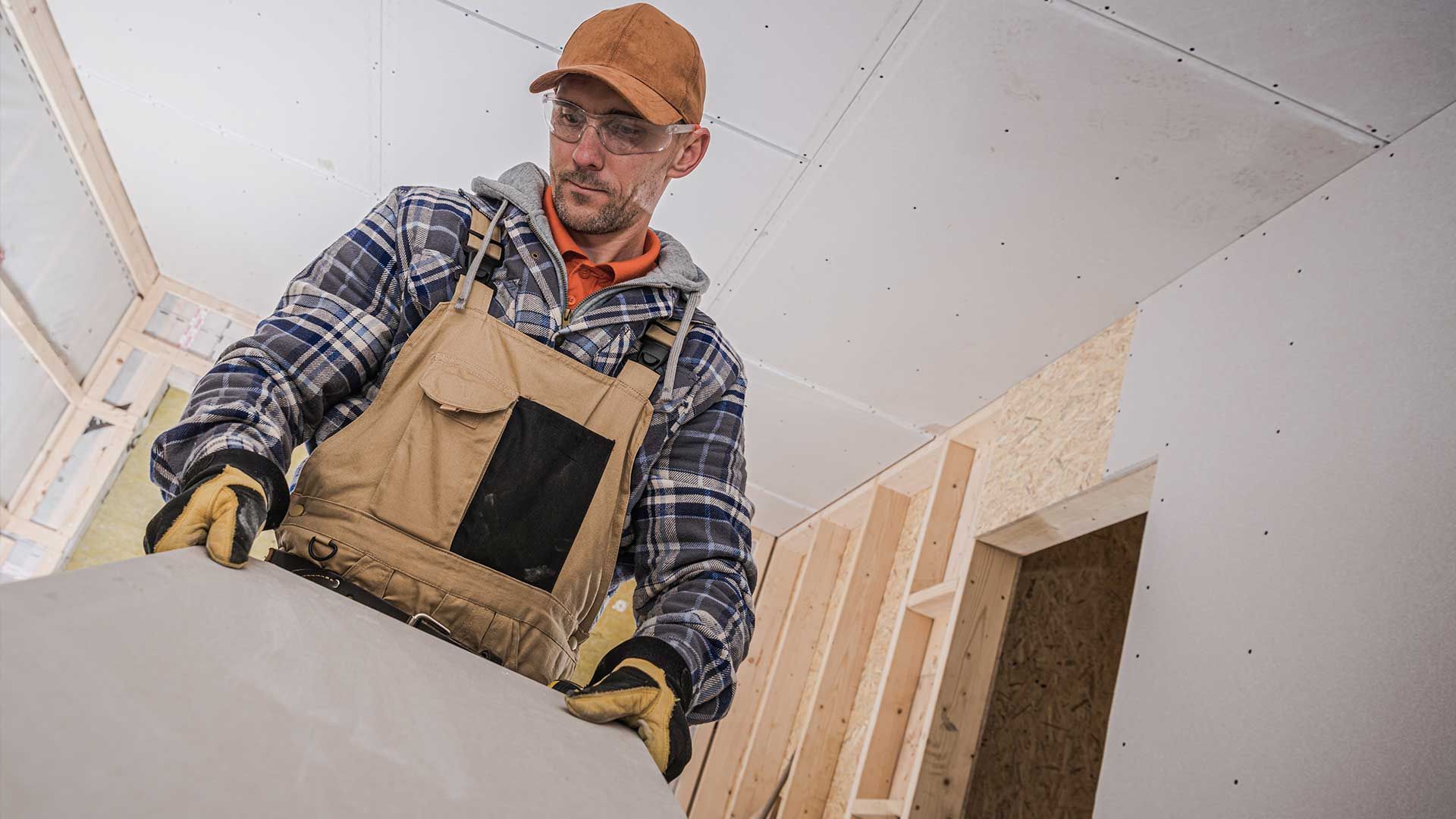
ADDRESS
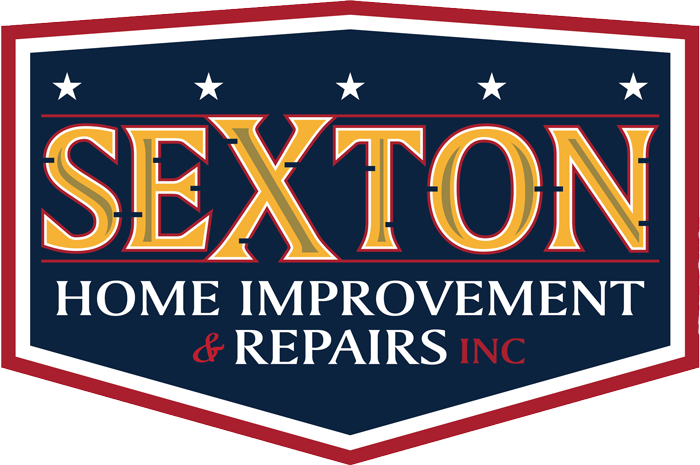
HOURS
- Mon - Fri
- -
- Saturday
- Appointment Only
- Sunday
- Closed
